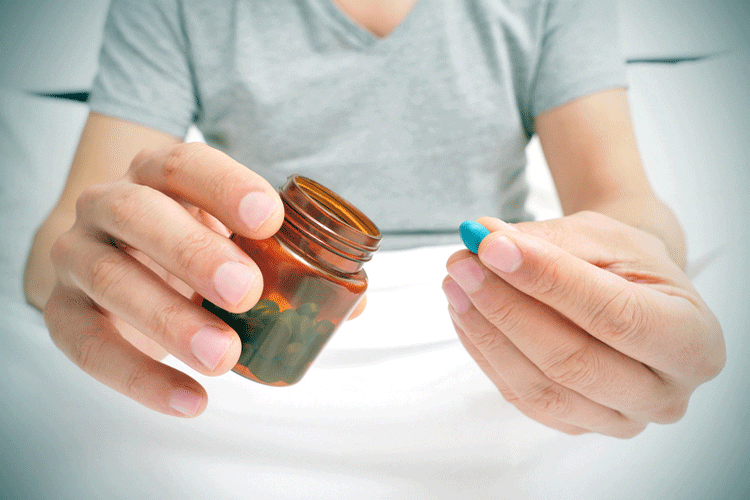Here are some quick tips to help you make the most of the medicines your doctor prescribes.
- Become familiar with the effects of your medicine. Discuss potential effects and side effects with your doctor so you know what to expect. Consumer Medicine Information (CMI) leaflets provide detailed information and can also be helpful, especially if you take a number of medicines long-term. CMI leaflets are available from your doctor or pharmacist or you can use our CMI search. The NPS MedicineWise app can help you keep track if you take multiple medicines.
- Always follow the instructions that come with your medicine. Read the label carefully. If in doubt, ask your doctor or pharmacist.
- Discuss with your doctor any alternatives to the medicine if you are not sure about the one being prescribed. One medicine may suit you better than another or there may be other forms of treatment.
- Be sure to keep your doctor informed of all types of treatments that you are taking, including over-the-counter products, complementary medicines, vitamins, minerals, and herbal and food supplements, as they may interact with the prescribed medicine.
- Always discuss over-the-counter products with your pharmacist to make sure that any product you buy will not interact with your prescribed medicines.
- Discuss with your doctor or pharmacist what precautions (if any) should be taken when using your prescribed medicine. For example, mixing alcohol with some medicines can cause adverse effects such as vomiting or can make a medicine less effective.
- Don’t share your medicines with anyone else, even if the other person has the same symptoms as you. Similarly, don’t use anyone else’s medicine. Different drugs have different effects on different people, and you may experience a bad reaction to someone else’s medicine.
- Don’t keep old medicines around the house, especially if they have passed their use-by date. Out-of-date medicines may not have the desired effect and can even have dangerous effects. Take out-of-date medicines to your pharmacist for safe disposal.
- Keep all medicines out of the reach of children and know what to do if any medicine is taken accidentally. If you think a child or someone else has taken a medicine not intended for them, call the Poisons Information Centre on 131 126 for advice, or call 000 for an ambulance.
- Don’t assume that it is safe to drive when taking medicines – even some over-the-counter preparations, such as cold and flu tablets, can be a problem. If the medicine causes you to feel drowsy or dizzy, or causes problems with your vision, you should not drive a car.
If in doubt about any medicine ask your doctor or pharmacist. The national Medicines Line also provides (non-emergency) information about medicines.
Access myDr‘s CMI search for Consumer Medicine Information leaflets.
| Medicines Line |
|---|
| For information about your medicines call 1300 633 424 (1300 MEDICINE) Mon to Fri, 9am to 5pm AEST (excluding NSW public holidays) |
| Poisons Information Centre |
|---|
| For a poisoning emergency, call the Poisons Information Centre on 131 126 24 hours a day, 7 days a week |

